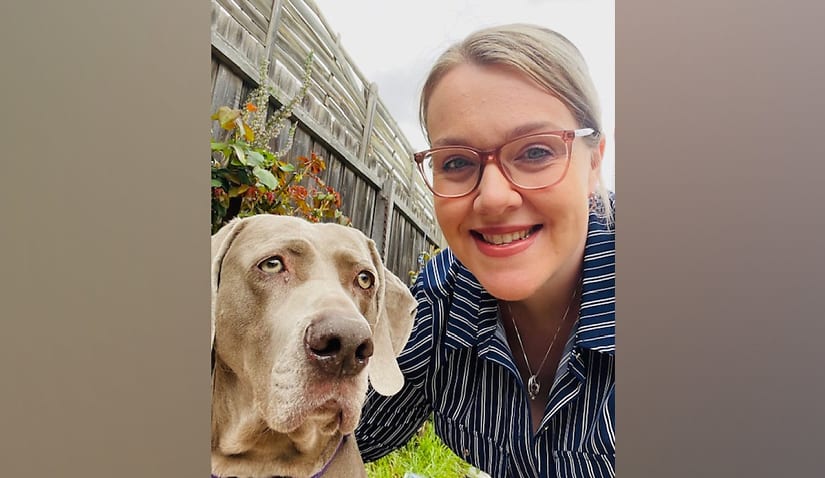As any family lawyer will tell you, informing a client that their beloved furry friend is lumped into the property settlement negotiations along with the couch and television is never easy, writes Briony Robertson.

Sometimes, the discussion can be almost as emotional as negotiating the time that children will spend with a parent.
In my professional life as a lawyer, I have many times witnessed firsthand the deep angst pet custody issues can cause.
In some instances, parties have reached agreement to “share” the pets, shuttling them back and forth between their new houses, but, with no way to make such an arrangement binding, the threat that someone might not honour the commitment loomed large.
In others, I’ve seen people who ended the relationship and left the home, by choice or otherwise, forced to leave behind a beloved pet due to the uncertainty of their future.
I’ve seen the party who remains in the family home effectively hold a pet hostage, perhaps in an attempt to leverage it for something else in the settlement.
New legislation recently introduced by the Australian federal government proposes to deal with the issue of “who gets the pet”, among several other issues that impact the resolution of family law matters.
The Family Law Amendment Bill 2024 (the Bill), which passed through the House of Representatives last week, “seeks to make the division of property and finances safer, simpler and fairer for separating families, especially where family violence is present”.
The Bill acknowledges that in some circumstances, family pets have been used by perpetrators of family violence to continue that abuse after a relationship has ended.
If passed, the Bill will amend the Family Law Act 1975 (the Act) to recognise pets as “companion animals” and give the Court the power to make decisions about who will get, or keep, ownership of a pet in a family law property settlement.
In making decisions about pet ownership, the Court will have regard to things such as:
The proposed amendments will not, however, give the Court the power to make orders for parties to share ownership of a pet – something we’ve seen from past experience is difficult to make workable.
In addition to recognising our furry friends as members of the family, the Bill also proposes amendments to the Act that expressly recognise economic and financial abuse as a form of family violence, with the definition of financial and economic abuse, including unreasonably denying financial autonomy, unreasonably denying financial support, and dowry abuse. As well as defining financial and economic abuse, the Bill lists the economic impact (both during the relationship and after separation) of family violence to be considered (when relevant) as well as the care and housing needs of children as matters that are to be considered when determining a property settlement.
The Bill also aims to regulate the Children’s Contact Service space, ensuring that these services provide safe and child-focused services for families who are unable to manage arrangements for safe contact between children and parents themselves.
There are some caveats. For example, where a separation reaches the Court, the proposed changes will increase the evidentiary burden for parties, which will likely add time and cost.
But, on balance, we think these changes will be good news for people involved in a separation.
On the pet custody side especially, these are changes we’ve personally advocated for some time. Having founded a firm because we care about the people experiencing separation, it’s only natural that care extends to wanting the best for our furry and feathered friends, too!
Briony Robertson is a special counsel at Umbrella Family Law.